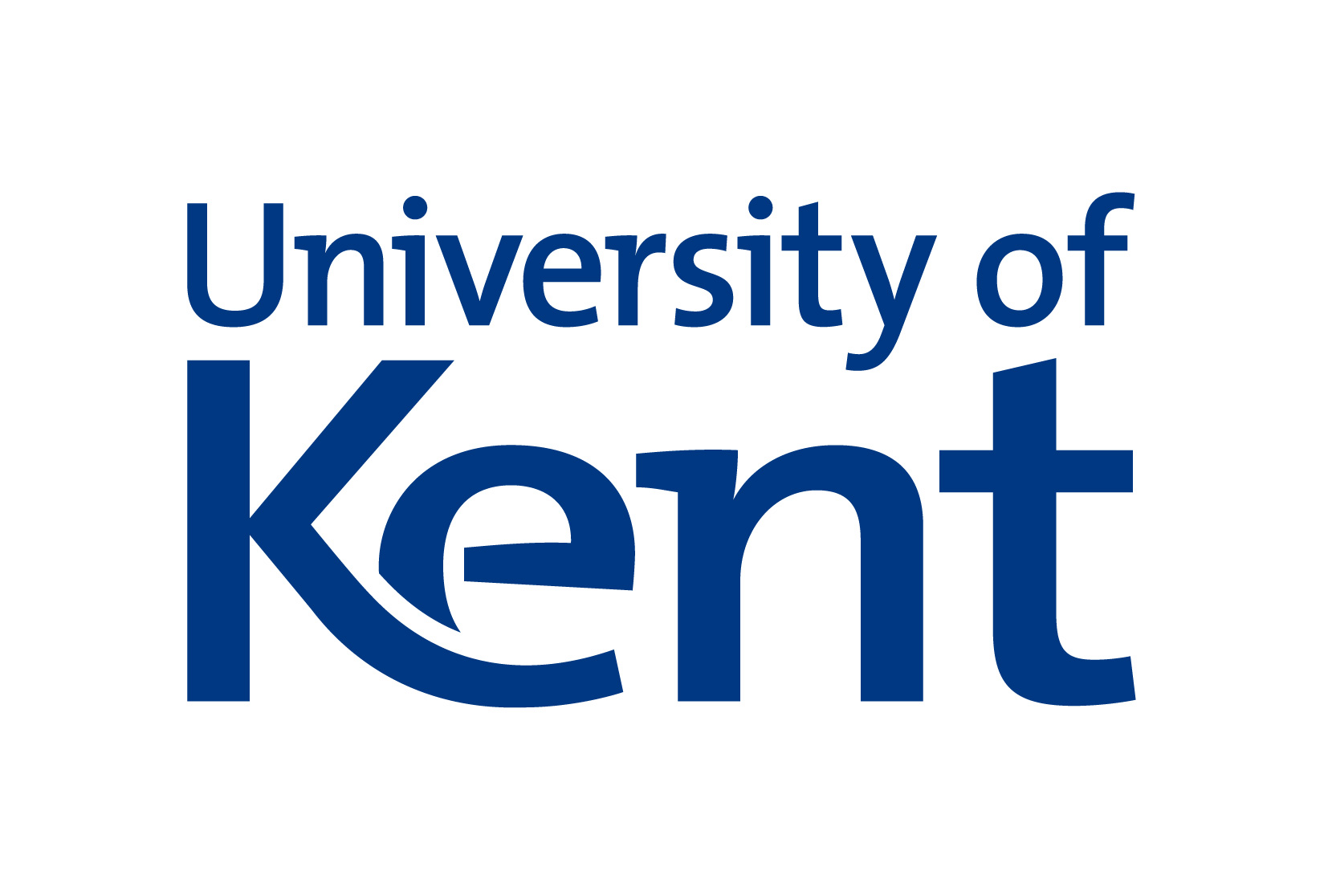About Ethnobiology (by Research) - Msc, Phd in University of Kent
We research local responses to deforestation, climate change, natural resource management, medical ethnobotany, the impacts of mobility and displacement and the interface between conservation and development. The Centre has an Ethnobiology Lab and Ethnobotanical Garden, and extensive collaborative links, including with the Royal Botanic Gardens (Kew), and Eden Project.
The PhD is a three-year full-time and five-year part-time programme. You research and write a thesis of a maximum of 100,000 words under the supervision of an academic team. Progress is carefully monitored through the duration of the programme.
The first year includes coursework, especially methods modules for students who need this additional training. The remaining years involve field or library research and writing up. In general, you work closely with one supervisor throughout your research, although you have a committee of three (including your primary supervisor) overseeing your progress.
Academic qualification equivalents
-
For entry to a Kent PhD programme, Indian students typically need to have completed a Master’s degree with a First Class degree, a CGPA of 6.0/10, 60% or equivalent at an accredited institution.
English language requirements
- IELTS : 6.5 overall (with a minimum of 6.0 in R&W; 5.5 in S&L)
- TOEFL IBT: 90 overall (with a minimum of 22 in R; 21 in W; 17 in L; 20 in S
- PTE: 62 overall with 60 in each subtest
Highlights
| Establishment Year |
1965 |
| Location |
Canterbury, England |
| University Type |
Public |
| Campus Setting |
Rural |
| Student Enrollment |
19,860 |
| Endowment |
£ 5.528 million |
| Mode of Program |
Full time, distance and online |
| Financial Support |
Available |
| Campus Housing |
Available |
University of Kent Cost of Attendance
| Expenses |
Estimated cost (in GBP) |
| Undergraduate Fee |
15,200-18,400 |
| Postgraduate Fee |
16,000-19,000 |
| Average cost of living |
12,968 |
